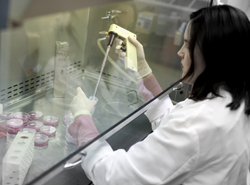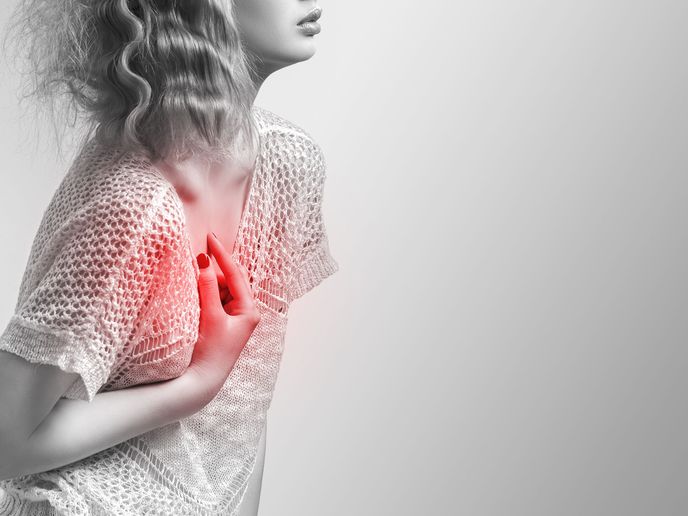Zinc for the Zenith of health
Zinc, a micronutrient, is involved in a huge number of the body's biochemical reactions. Its role lies at the very core of the cell machinery as it is required in protein and DNA synthesis and every step of the cell cycle. As zinc is found in a broad spectrum of foods including meat, unrefined carbohydrates, beans and seeds, a good diet will provide the daily required dose. However, in groups like older people, there is a possibility of deficiency due to decreased food intake coupled with reduced absorption. With the help of EU funding for the Zenith project, scientists explored the role of zinc in healthy old people, aged 70 to 85 years. Over a six month period, two moderate doses of zinc were given to gauge the effects, if any, on reactive oxygen-induced damage. Indicators of oxidative stress were measured in a group of some 100 recruits from Rome. Anti-oxidants involved with metabolism or breaking down of reactive oxidative molecules were measured in plasma and lymphocytes. These included carotenoids, beta-carotene and co-enzyme 10. Also measured were several enzymes involved in reactive oxygen metabolism. The data collected was extensive. To ensure a valid experimental setup, dietary intake of the relevant anti-oxidant micronutrients carotenoids, retinol and vitamin E were monitored. As copper and iron are associated with zinc metabolism their levels were also measured. Effects of zinc supplementation for independent old people in Rome showed that the doses taken did not significantly change levels of these biochemical markers of oxidative stress. Zinc supplementation for healthy old people does not appear to be an efficient way to increase anti-oxidant defence. When tackling the problems of an ageing European population, prevention is better than expensive treatments. Diet is at the heart of a healthy lifestyle accompanied by the sensible use of supplements.







